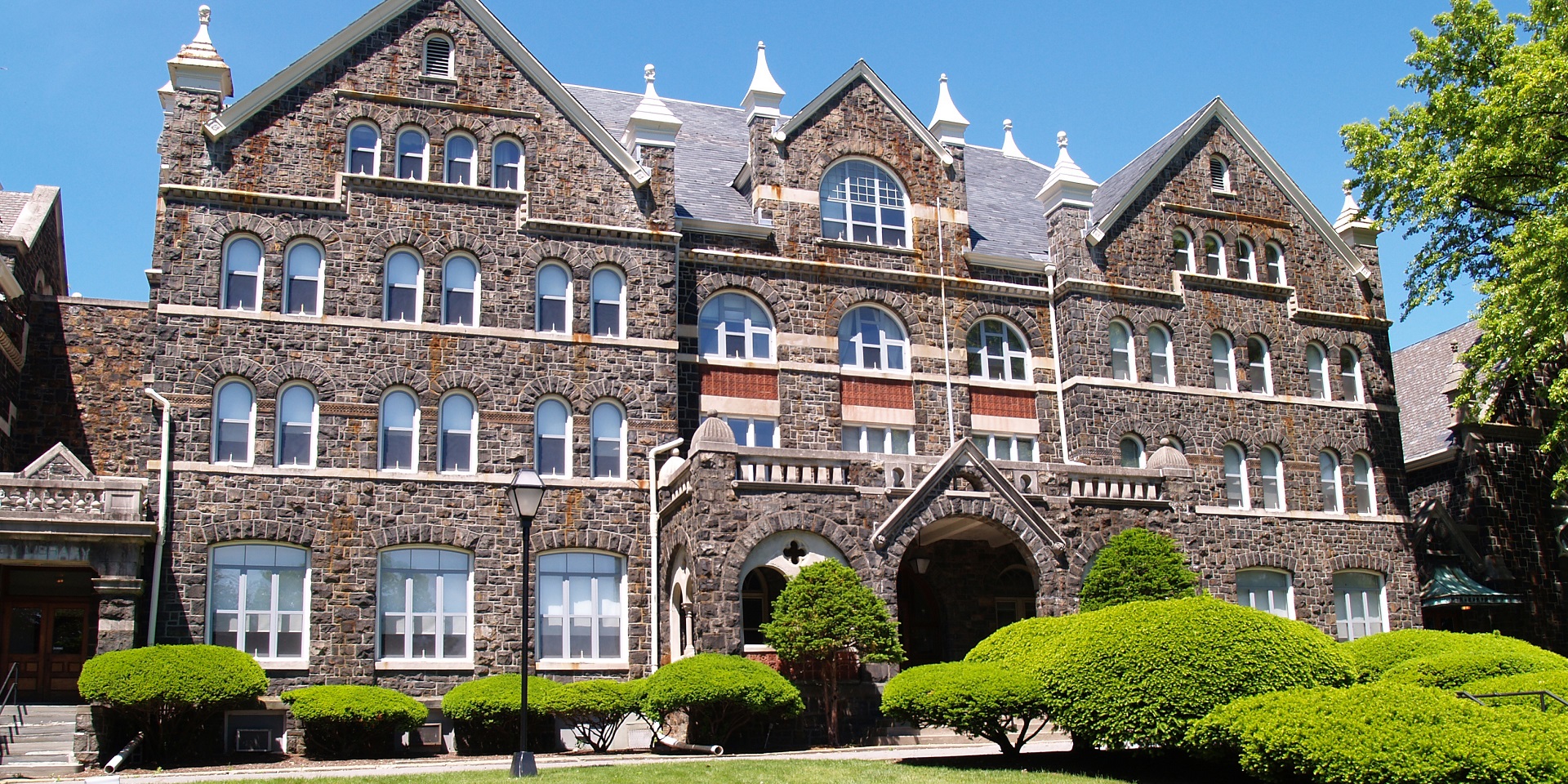“In the works of Comenius one feels that a prophet is speaking; he was indeed a colossal figure, but only in recent years have his ideas received the respect they merit”.[1]
Born in Nivnitz, Moravia, into a family of Hus descendants, Jan Amos Komensky Latinised his name, according to the fashion of the time, to Comenius, the name by which he is still known today.
Ironically, “the first modern educator”[2] and “the most comprehensive and systematic among the educators of the seventeenth century”[3] began his education late, due to the loss of his parents at an early age and the neglect of his guardians. At 16, he took Latin classes that included classmates up to 10 years younger than him. In this context, his pedagogical sense was developed by observing the inappropriate effect of the didactic methods of the time on his colleagues.
After studying in Germany and Amsterdam, the cultural centres of Europe at that time, he returned to his native country, dedicating himself to teaching, writing, and the office of bishop of the Moravian Brethren.
In 1618, the conflict between Catholics and Protestants broke out again. Books considered heretical were burned, and clerics who were not Catholic, imprisoned and killed. In this context, Comenius had to flee, leaving behind a pregnant wife and a little boy whom he would never see again. He lost his possessions and, more painfully, his books, and a large part of his manuscripts.
Ten years after this difficult moment, he was banished from his native country, following a long series of travels, achievements, and failures. He went to Poland, then to England, where he was offered the presidency of Harvard College, after which he lived for six years in Sweden. His next destination was Hungary, where an unfortunate experience overshadowed his influence.
An individual named Drabik, who claimed to have received prophecies from God, persuaded Comenius to tell the Count of Hungary that he was destined to overthrow the Habsburgs and the Pope. Drabik later retracted these prophecies, becoming a Catholic, and negative reactions arose towards Comenius.
Comenius left behind a valuable legacy in the approximately 200 books he wrote, 42 of which address the subject of education in various aspects. Comenius believed that, through the knowledge of nature, of the self, and of the personal relationship with fellow people and with God, mankind inevitably reaches morality and piety. “Knowledge, virtue, and piety are the aim of education; the most basic of the three is knowledge.”[4] Comenius’s ideas about education were far ahead of the time in which he lived. They served as a model for later educational reforms.



















